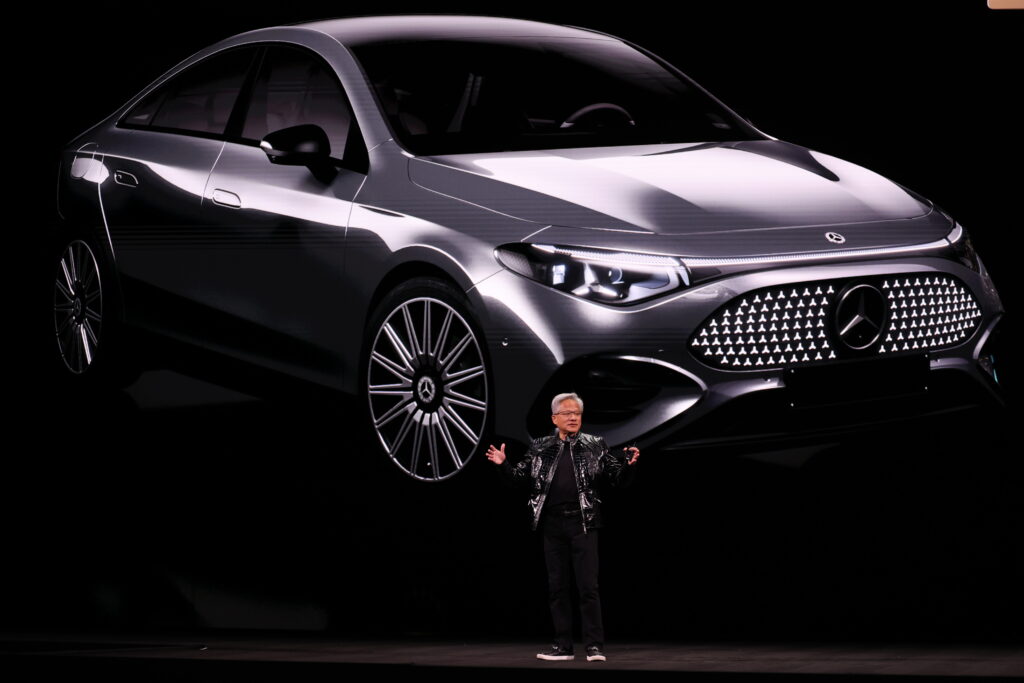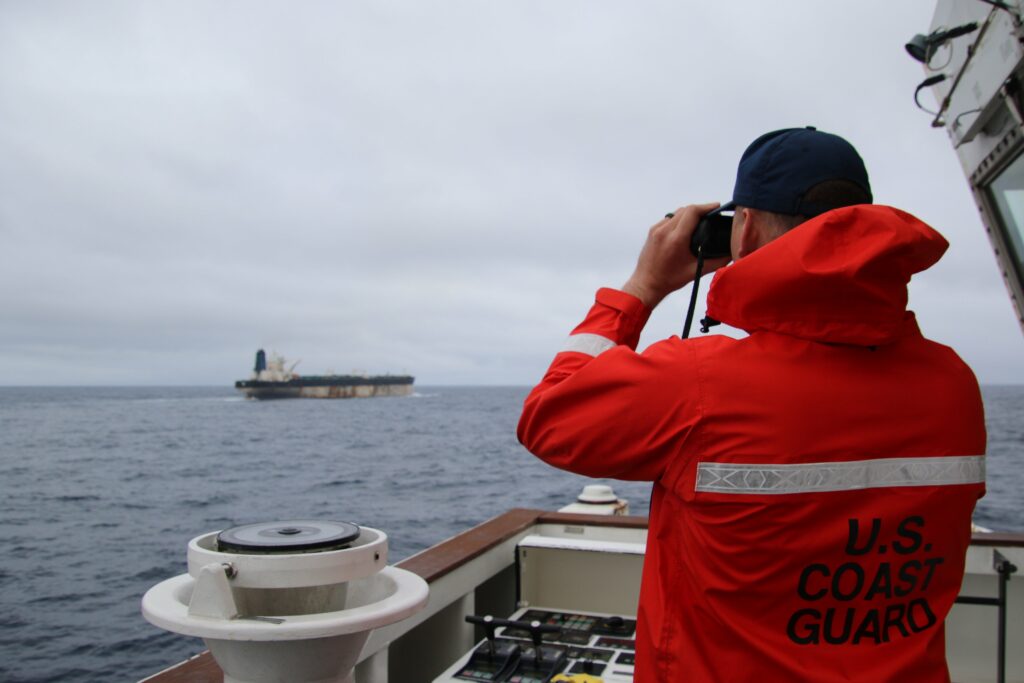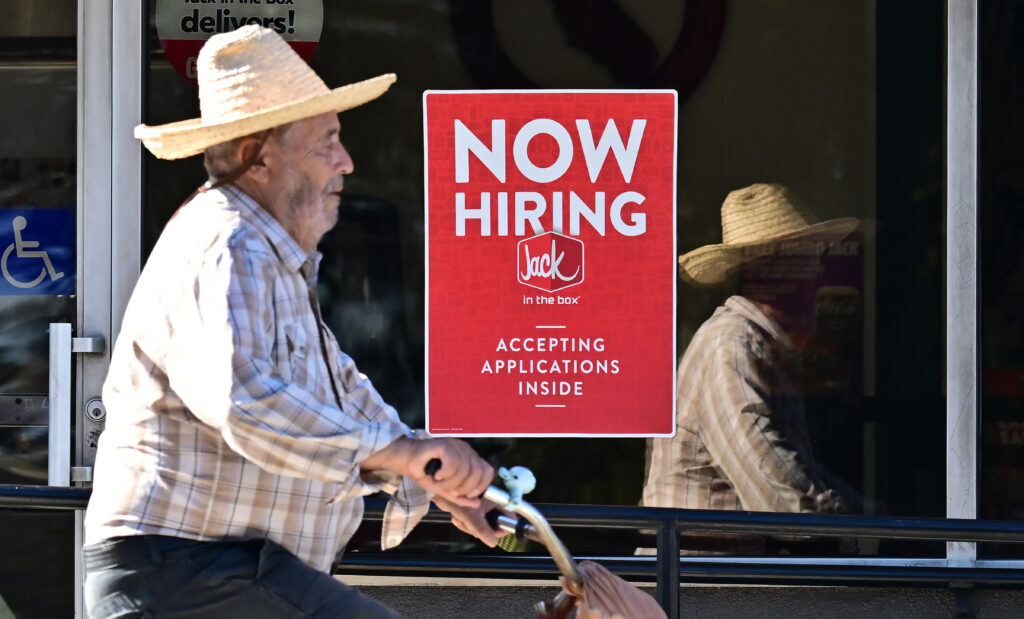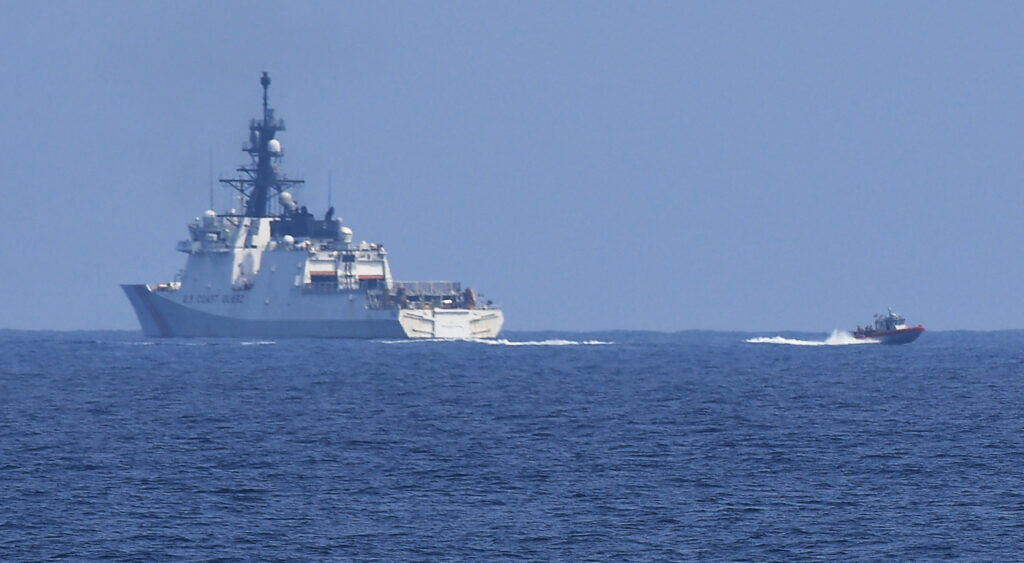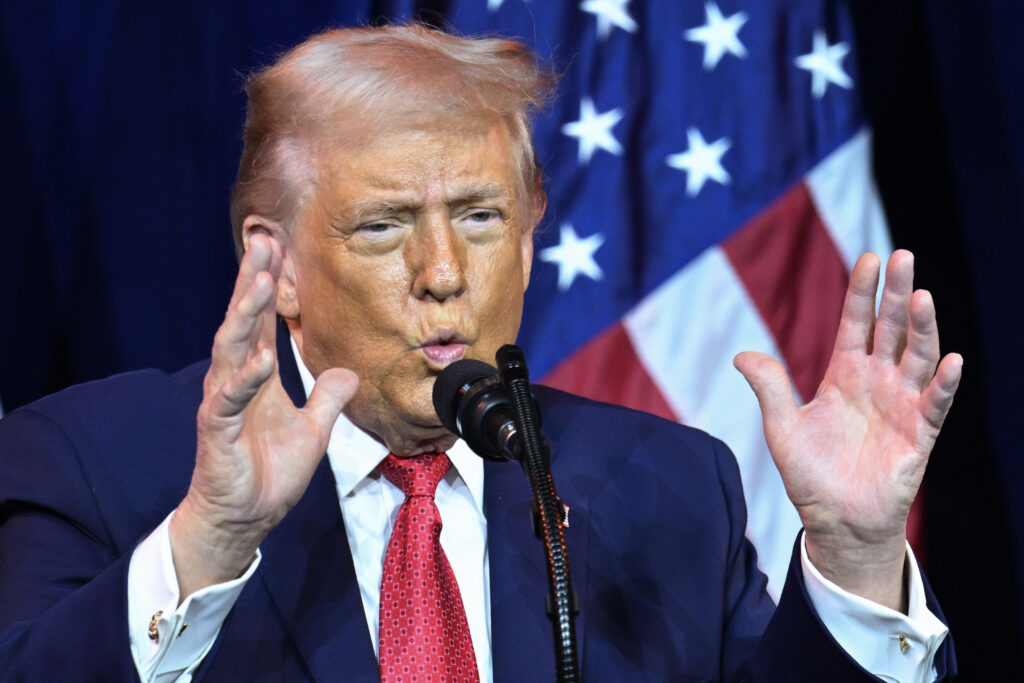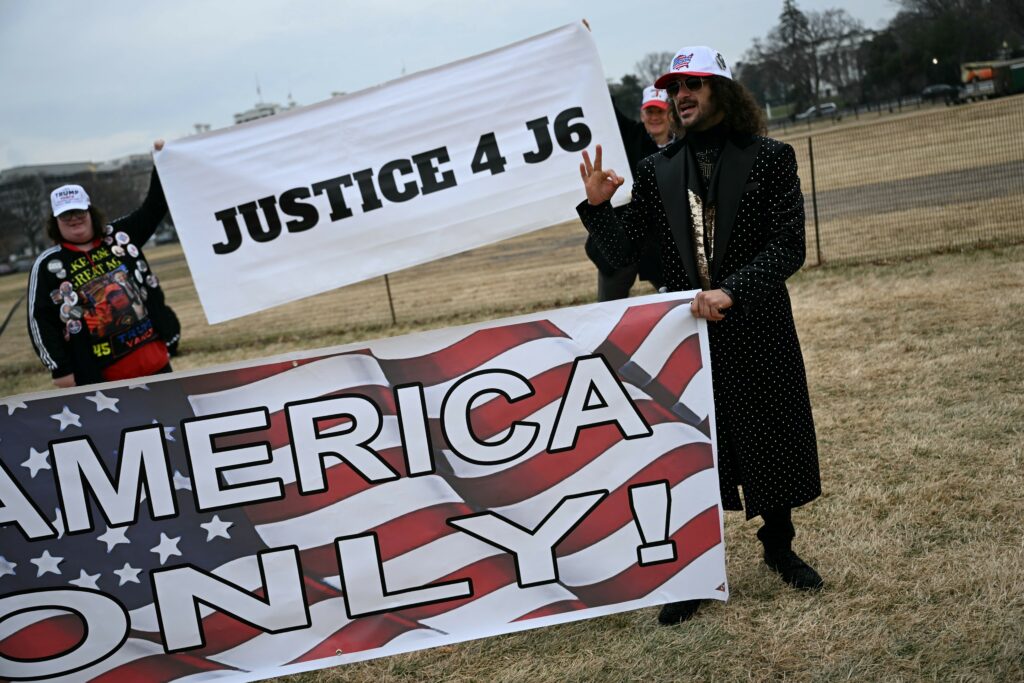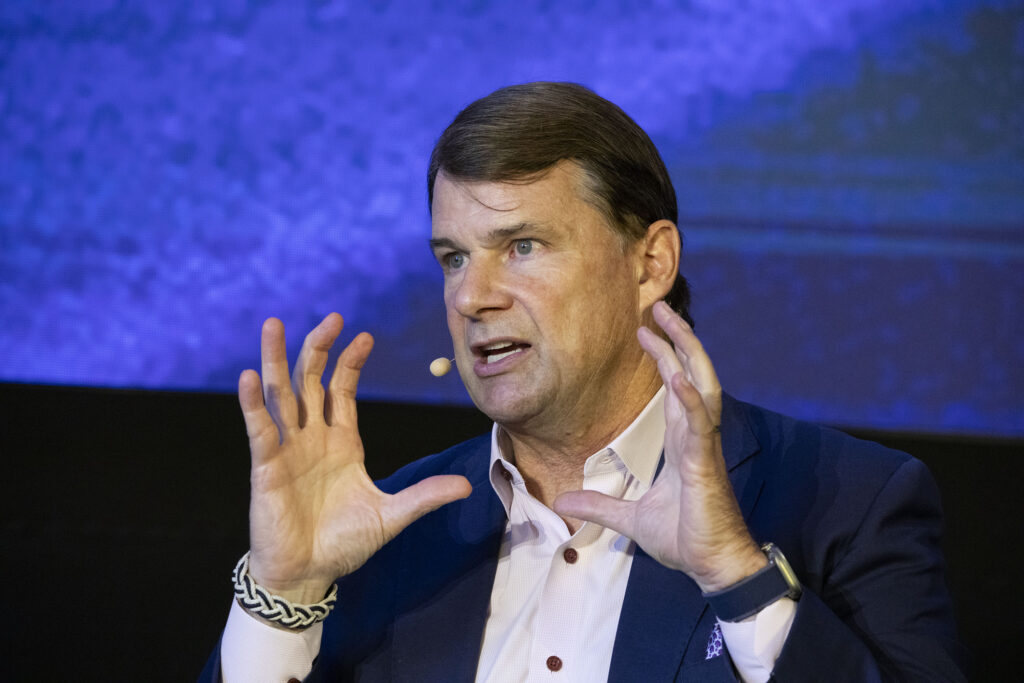AI helps pave the way for self-driving cars
Even if Elon Musk’s dream of robotaxis for everyone is a long way off, sleek electric cars powered by artificial intelligence packed the Consumer Electronics Show, promising to liberate people from the tedium of driving.Letting go of the steering wheel is no longer a fantasy: Waymo’s robotaxis in the United States and China’s Apollo Go, which has been growing rapidly over the past year, have demonstrated the reliability of fully autonomous driving, where responsibility lies with the machine and not the human.Rivals such as Uber are fast emerging. The ride-sharing giant used the CES event in Las Vegas to debut a Lucid robotaxi, aiming to put a fleet of them to work in San Francisco later this year.Offering the fully autonomous experience — known as Level 4 autonomy — to vehicle owners on a mass scale remains the industry’s goal.”I don’t see it happening for years,” said Marc Amblard, of Orsay Consulting. Only Tensor, a Silicon Valley start-up, is present in Vegas with a Level 4 passenger car. A first model is expected to hit the road in the coming months.Touted as the “first personal robot car on Earth,” it is a luxury vehicle equipped with 34 cameras, five lidar lasers, and over a hundred sensors, with analysts estimating its price tag at around $200,000.Its autonomous driving will be limited. The company currently is authorized to conduct tests in California and could benefit from favorable legislation in Texas, Nevada, and Arizona, as well as its partnership in the United Arab Emirates.- Roadblocks -But regulatory approval and societal acceptance have remained roadblocks to self-driving cars becoming commonplace.”From a technology standpoint, it is there,” said Pier Paolo Porta, marketing director at Ambarella, which specializes in autonomous driving systems.”But from a legal and from a liability standpoint, it is still a gray area.”Given the roadblocks, it is in the area of Level 2 assisted driving — where the driver must be ready to take back control — the industry’s flagship projects are flourishing.And these are going further in terms of automation, largely thanks to advances in AI that make computers more efficient with fewer expensive sensors.Driving where the steering wheel and pedals can be fully operated by a computer, while remaining legally under the driver’s responsibility, is the experience already offered by Musk’s Tesla in the United States with its Full Self-Driving system, and by Xiaomi and BYD in China.- ‘ChatGPT moment’? -It is at this level of autonomy that competition is intensifying.Chip powerhouse Nvidia on Monday unveiled Alpamayo, an AI platform specially designed for autonomous driving, which will be available on electric Mercedes CLA models in the United States this year.”Alpamayo brings reasoning to autonomous vehicles, allowing them to think through rare scenarios, drive safely in complex scenarios and explain their driving decisions,” Nvidia chief executive Jensen Huang said during a presentation at CES.Huang declared that a “ChatGPT moment for physical AI” was here, essentially enabling cars and robots to interact with the real world independently.During a demonstration for AFP in December, a self-driving Mercedes negotiated congested San Francisco traffic with a human safety driver only intervening to navigate around an ambulance stopped in the middle of the road.Unlike autonomous driving systems that rely on mapping data, the Alpamayo system can handle driving on streets that vehicles have not previously encountered.Nvidia rival Qualcomm was at CES with its own autonomous driving software project involving on-board AI powered by its Snapdragon chip.Nissan announced last month that it will soon integrate AI-enabled autonomous driving software from British startup Wayve in much of its vehicle line.All these innovations have the same goal: to offer the feeling of autonomy while leaving legal responsibility to human beings.
